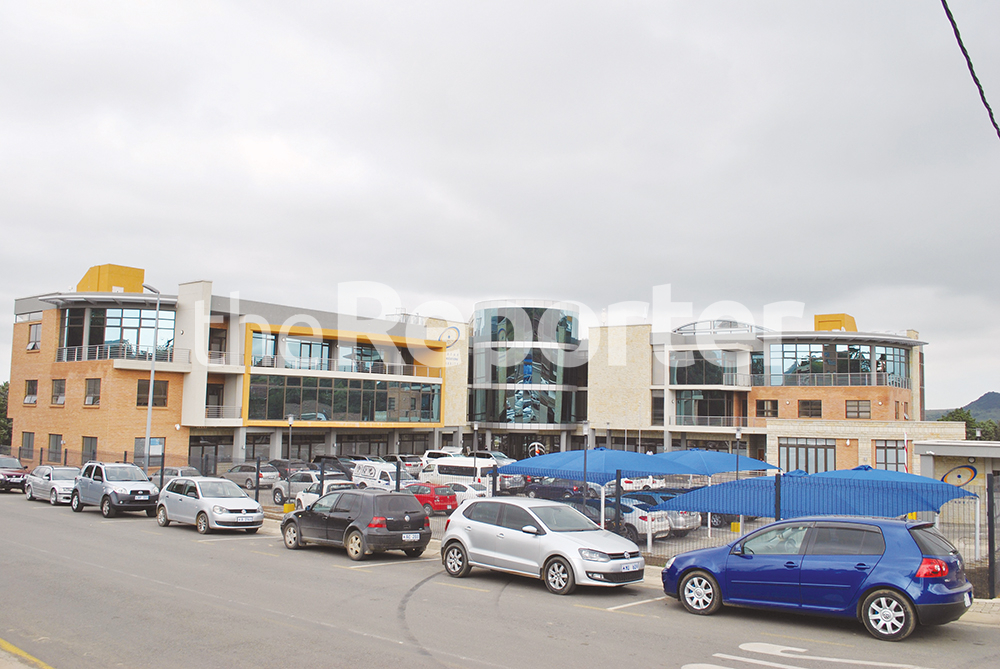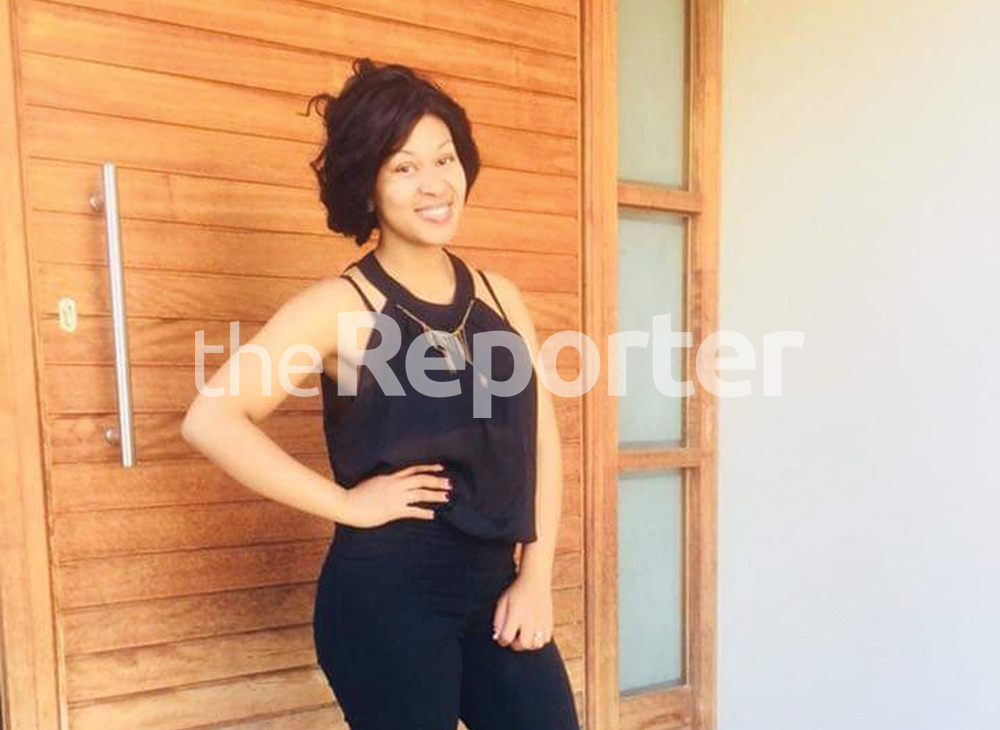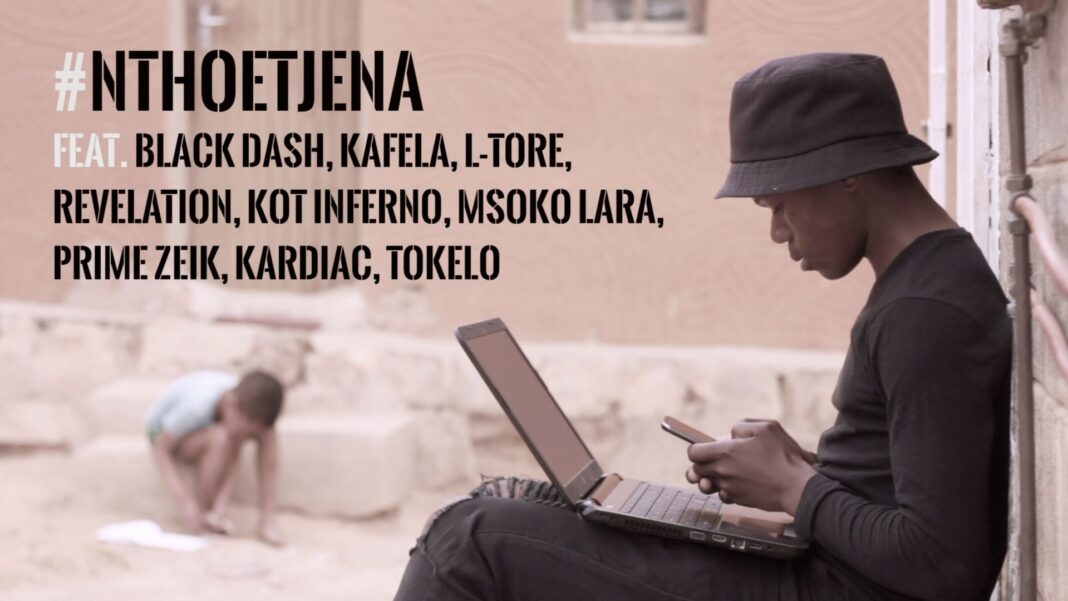By Neo Kolane
With local and international media’s criticism of the Lesotho Communications Authority’s (LCA) proposed promulgation of Internet Broadcasting Rules slowly gaining traction, the communications regulator has now attracted similar unwanted attention in the legal fraternity.
The objective of the rules, among others, is to regulate internet broadcasting distributed over the internet. They describe internet broadcasting as internet posts accessible to at least 100 internet users in Lesotho, whether individually or in a series; and internet posts by users who have more than 100 followers in Lesotho. The rules further prescribe certain penalties in the event of any violation.
Among other provisions of the proposed Rules which have raised concerns that Lesotho could be following the footsteps of Tanzania in seeking to regulate online content creators, a person with at least 100 followers will need to register with the LCA by providing identity documents, proof of residence and show ‘ability to comply with Lesotho Telecommunications Authority (Broadcasting) Rules 2004’.
Human rights lawyer Tekane Maqakachane this week wrote to the LCA to express reservations at the rules which, although he cautiously commended, he warned border on impingement of citizens’ freedom of expression and could be found wanting, legally.
“We are deeply concerned with the LCA’s approach in the establishment of internet regulatory framework for online illegal and unacceptable content and activity. Substantively, the Draft Rules 2020 do not only constitute a threat to Section 14 of the Constitution (which guarantees freedom of expression), … but are also seriously wanting both in substance and details around the albeit important matters of online regulation.
“While the internet has on the one hand enhanced the freedom of expression by providing medium a powerful medium through which such expression may be realized, it cannot be gainsaid that, on the other hand, the advent of internet and internet service in Lesotho has carried with it the capacitation and enabling of character assassins, criminal activity perpetrators and business competition.
“The Lesotho Communication Act 2012 establishes the LCA to provide for the regulation of telecommunications, broadcasting and postal sectors. It is doubtful whether the sections of the Act 2012 on which the LCA relies on in promulgating the draft rule 2020 authorize the regulation of internet contents as far as use-generated online content is concerned,” the letter reads.
It adds that the Act of 2012 makes provision for several important duties to be performed by the LCA. Amongst them, where relevant is to protect the interests of the consumer of communications services, to facilitate deployment of communication infrastructure and the provision of good-quality communication services.
“The powers of the LCA under the Act of 2020 include the power of LCA to establish the requirements governing interconnection of communication networks and access to communications network facilities and services.
“Internet content in broadcasting services indicates that Section 38(1) of the Act 2012 regulates the LCA’s grant of license for broadcasting service and prescribes standards for granting such license which is the a license for broad-based internet content regulation.
“The Act 2012 categorizes broadcasting services into commercial services, public broadcasting services, community broadcasting services and private broadcasting services and clearly defines what these services consist of.
Maqakachane continues that, in approaching online content regulation question, LCA must attempt to benchmark with emerging international regulatory best practices and principles informed by the UK, French, German and European commission approaches, and clearly others.
“What emerges from these approaches is a governance approach to internet regulation that focuses on the regulation of company processes rather than content as such.”
He goes on to recommend that LCA should issue an extensive consultation paper substantially similar to the UK Online Harm White Paper model incorporating the justification for the proposed new internet content regulatory framework; the choice of regulatory model selected by LCA as relevant to Lesotho; scope of the regulatory framework on both internet content and legal personae falling within the scope of the intended frame work.
In addition, transparent, inclusive, participatory and credible consultative process must be conducted by the LCA preferably through webinars, and workshops or pitsos for rural communities or their representatives. At the initial stages, all stakeholders must be consulted.
“This must be followed by a series of engagement webinars and workshops to convene representatives of communication service providers, civil society actors and user groups. Finally, LCA must engage and draw advice from legal, regulatory, technical, online safety and law enforcement experts, to inform the further development of those proposals.
“And lastly, the proposed substantive enactment in the form of a Bill (later to be an Act) and not Rules, must deal with the substantive and procedural matters which will form the new internet content and activity regulatory framework consistent with international regulatory best practices and principles.
“The Bill must establish an independent regulator for online harm (which functions may be reposed on the LCA itself, for the purpose of the Bill). We propose that the Bill may be named Lesotho Internet Regulation Safety Bill 2020,” he concludes.
According to the proposed rules, anyone deemed to be conducting internet broadcasting will be required to register within six months. Following the submission of these documents, LCA will issue a certificate of registration.
Initially, the proposed regulations were ostensibly meant to regulate bloggers and online radio stations. However, the use of the word ‘followers’ is vague and could also be used to regulate social media platforms such as Twitter and Facebook, which are widely used in Lesotho.
The proposed regulations go on to define what an internet post is, saying it is any message, whether text, picture, video or audio that is placed or uploaded on any internet platform to be accessed by the public, be it on social media or website. This excludes private communication to specific and identifiable person/s.
On the other hand, the regulations define private communication as any message, whether text, picture, video or audio, that is sent between two specific and identifiable persons.
Among local media to have expressed misgivings about the proposed LCA regulations, online radio station Sky Alpha HD was first off the blocks.
“Sky Alpha HD has provided a platform for over twenty young passionate driven Basotho. This platform has reached over four hundred thousand streams around the globe since inception. Indeed, to date there has been no regulation in the space. As an entity we have self-regulated and continue to produce high definition radio and content of the highest order.
“It is our sincere hope that the LCA and the public can engage robustly on the matter and a balanced conclusion can be reached ultimately. As an entity, we value the fundamental right to freedom of expression as provided for in the Constitution of the Kingdom of Lesotho and other international legal instruments which our country has ratified and is bound by.
“We therefore encourage the LCA to make decisions in light of the aforementioned at all times to avoid an infringement of citizens’ rights enshrined in the Constitution,” Sky Alpha HD said in a statement issued this week.
MISA-Zimbabwe has also joined the fray, pointing out that the LCA’s proposed regulations are seemingly designed to police and regulate free speech online.
“What is further concerning is that it comes at a time when a recent summit of the Southern African Development Community (SADC) Heads of State, resolved to curb social media abuse, which MISA Zimbabwe fears could be a pretext to curb freedom of expression and digital rights.
“Furthermore, the proposed LCA regulations are quite onerous and may be difficult to implement. We urge Lesotho to withdraw these proposed regulations and rather work on promoting free expression online. “Lesotho should be cognisant of the African Declaration on Internet Rights and Freedoms which stipulates, among others: Everyone has the right to use the Internet and digital technologies in relation to freedom of assembly and association, including through social networks and platform









